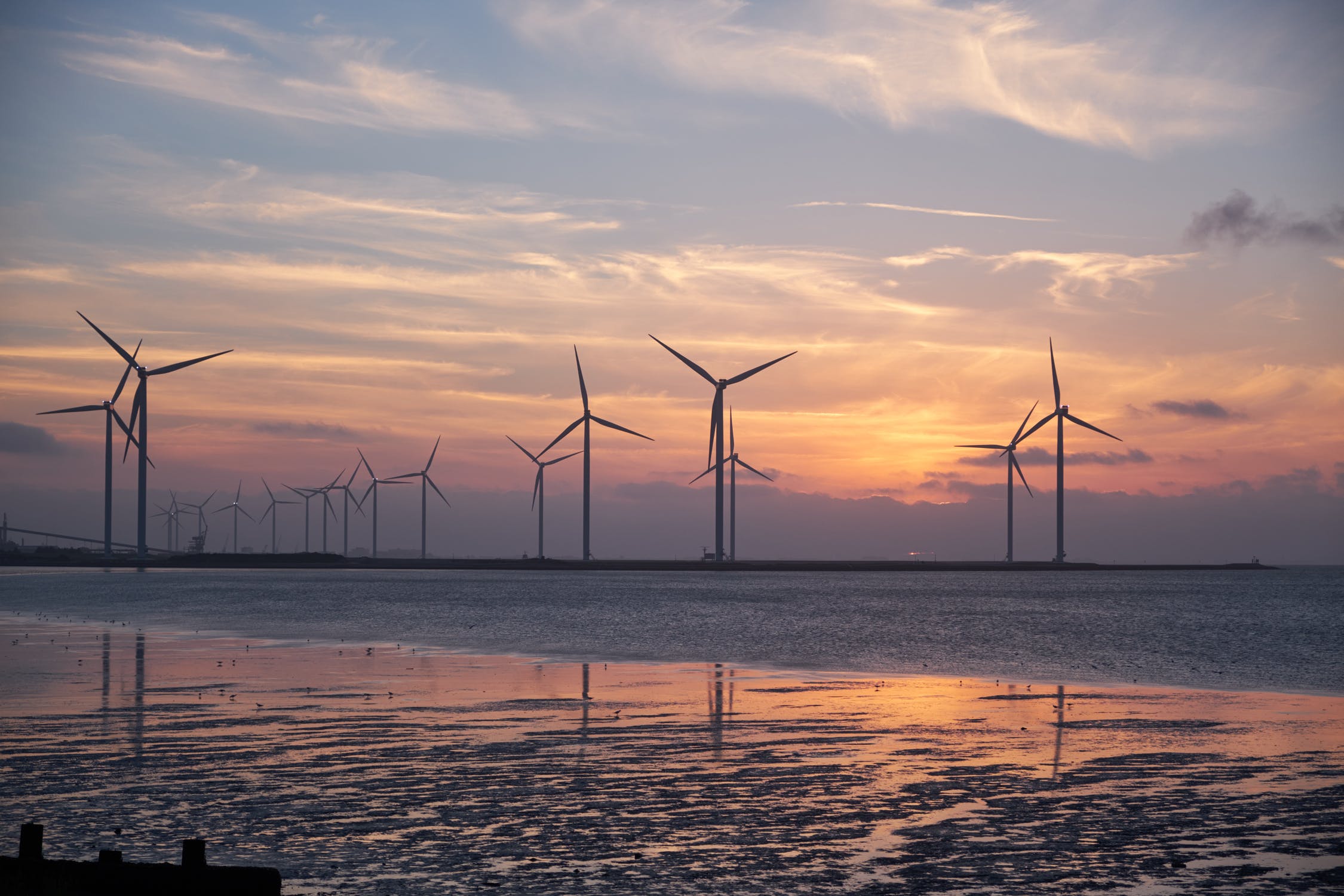Fossil fuels versus renewables, a polarised debate?
Dr Gary Robertshaw
March 2014
Fossil fuels versus renewables. In a speech in Washington, President Barack Obama vowed to reduce US oil imports by a third over the next decade. Mr Obama went on to say that the US must set a goal of obtaining 80% of its electricity from non-oil sources by 2035. The speech formed part of the Presidents agenda to move towards a more secure and affordable energy future for the US. “We cannot keep going from shock to trance on the issue of energy security, rushing to propose action when gas prices rise, then hitting the snooze button when they fall again,” he said during a speech at Georgetown University.
The theme of renewable energy is highly topical in the US at the moment, with higher oil prices threatening to de-rail the economic recovery. But will anything really change? Presidents and politicians have promised to find cleaner and more renewable sources stretching back to the oil crisis of the 1970s. Yet, during that time, oil use and dependency have continued to increase.
Is a complete transition possible?
Critics have declared that the transition away completely from fossil fuels to renewables is a pipe dream. That renewables will never be able to provide all our energy needs. These sentiments were echoed by one of Obamas critics, Republican Senate Leader Mitch McConnell. “The guy who’s trying to make ends meet wants to know what you’re going to do for him today, not 24 years from now,” he said, quoted by the Associated Press. “We need to look elsewhere for our energy. The problem is that Democrats don’t want us to use the energy we have. It’s enough to make you wonder whether anybody in the White House has driven by a gas station lately.”
This fierce debate between pro-oil and anti-oil camps artificially polarises what is a more subtle point. True, renewables cannot presently supplant oil as a viable global energy source (at least at current consumption rates). However, that does not mean that we should simply abandon the renewables route and continue on a reckless path of oil-driven climate change and cross-border conflict over oil. Nor does it mean that oil based economies are more stable. Far from it. Many of the worlds largest oil exporters are run by autocractic and/or unstable regimes, whose oil production cannot be guaranteed in the longer term. Witness events in Libya.
Fossil fuels are finite
Not only is the volatility associated with oil prices damaging to economies in the long-term it also misses a more fundamental point. That is, oil and other fossil fuels are finite. That’s right, they will run out. At the rate that oil consumption is increasing, and with rapid economic growth in countries such as India and China, this scenario is coming ever closer. Some commentators have suggested that we are already past peak oil production and that supplies will start to dwindle. Shale gas, coal tar and other newer fossil fuel sources can only stem the gap for so long. Ask fossil fuel advocates what they will do when it runs out and the typical answer is, It will not happen for ages yet and not in my lifetime (in other words I do not care about the grandkids) or a blank stare at the floor.
What is needed is a gradual but determined weaning off fossil fuels and transition towards renewable forms of energy, coupled with greater efficiency in energy use. In the longer-term this will bring about greater stability in energy production and usage. As President Obama said, “We have to discover and produce cleaner, renewable sources of energy. And we have to do it quickly.”





